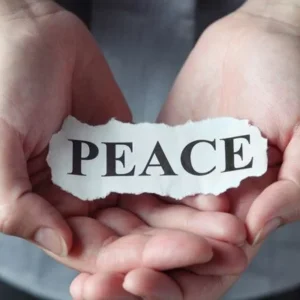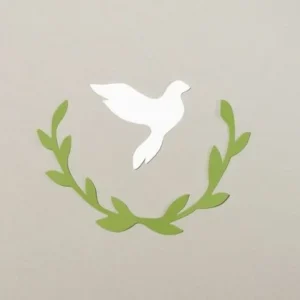The United Nations is facing a severe funding crisis that is forcing deep cuts to its peacekeeping operations. UN peacekeeping chief Jean-Pierre Lacroix described the situation as “more daunting than ever,” pointing to the partial non-payment of assessed contributions by Member States, which has left financing well below the approved 2025-26 budget. Speaking at a peacekeeping conference in New Delhi, Lacroix stressed that peacekeepers play a critical role in protecting civilians, often making the difference between life and death for hundreds of thousands of people in conflict zones.
In response to the funding shortfall, the UN Secretary-General has instructed all missions to reduce expenditures by 15 per cent of their annual budgets, translating into roughly a 25 per cent reduction in both uniformed and civilian personnel. These cuts will impact every major aspect of peacekeeping operations, including patrols, protection duties, logistics, air operations, and civilian support. The Department of Peace Operations warned that fewer personnel in the field would lead to reduced monitoring of ceasefires, fewer safe zones for civilians, and diminished support for humanitarian relief in critical regions such as the Democratic Republic of the Congo, South Sudan, the Central African Republic, Lebanon, and the Golan Heights.
Lacroix called on all Member States to pay their contributions in full and on time and urged collective advocacy to counter misinformation about peacekeeping missions. UN Secretary-General António Guterres echoed this appeal, emphasizing that predictable and adequate financing is essential for peacekeeping missions to fulfill their Security Council mandates. Despite accounting for less than half a percent of global military spending, peacekeeping remains one of the UN’s most crucial instruments for maintaining international peace and security. Former UNFICYP head Colin Stewart noted that the continued presence of peacekeeping missions has been essential in preventing conflicts from escalating, illustrating the ongoing relevance of these operations.
Since 1948, over two million peacekeepers from Member States have served in some of the world’s most hostile environments, facilitating ceasefires and political dialogue, though more than 4,400 have lost their lives in pursuit of peace. As the UN celebrates its 80th anniversary, Lacroix highlighted that the organization is at a pivotal moment, facing real challenges but also possessing the capacity to meet them if Member States remain united, pragmatic, and committed to the cause of peace.







